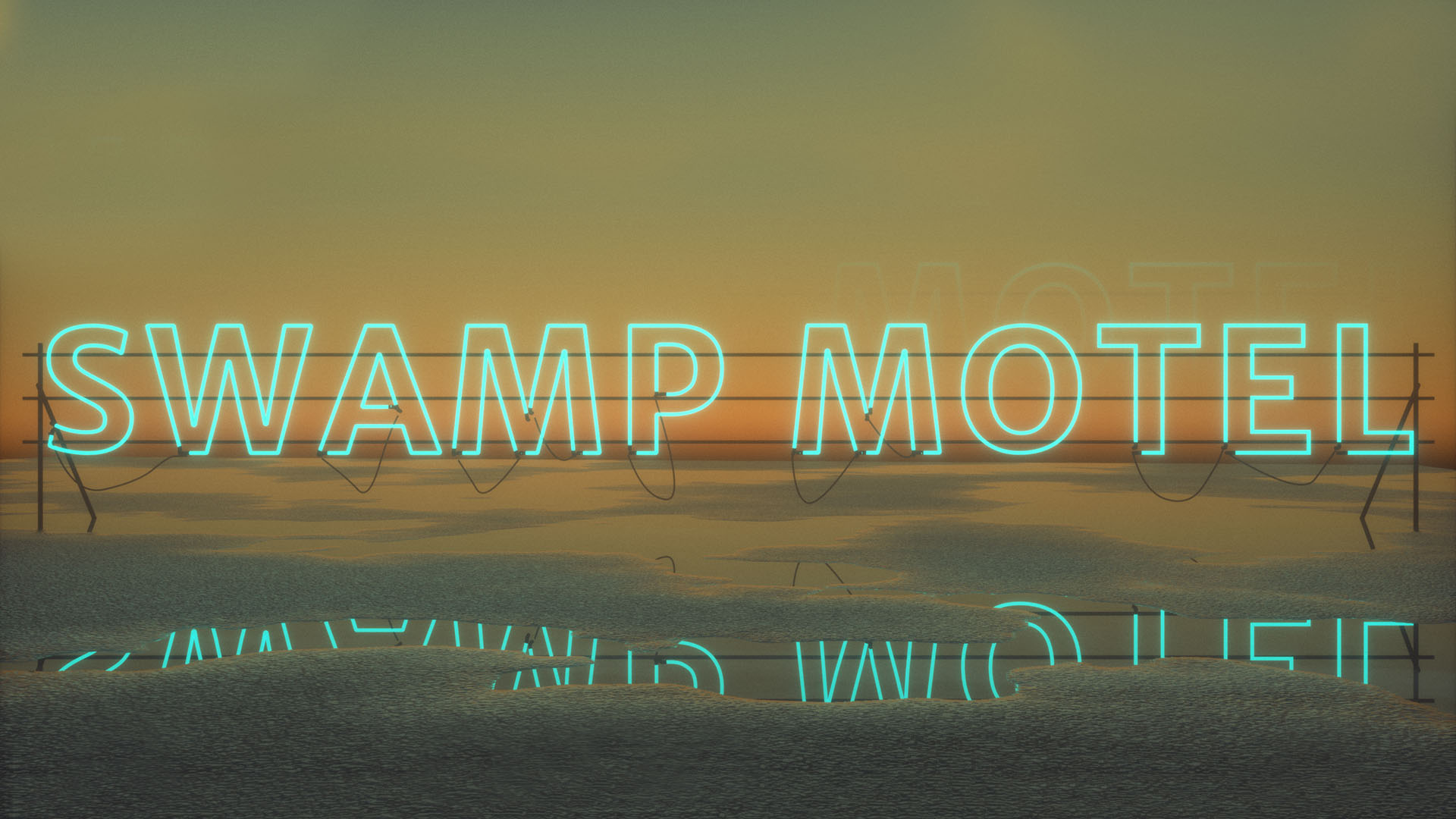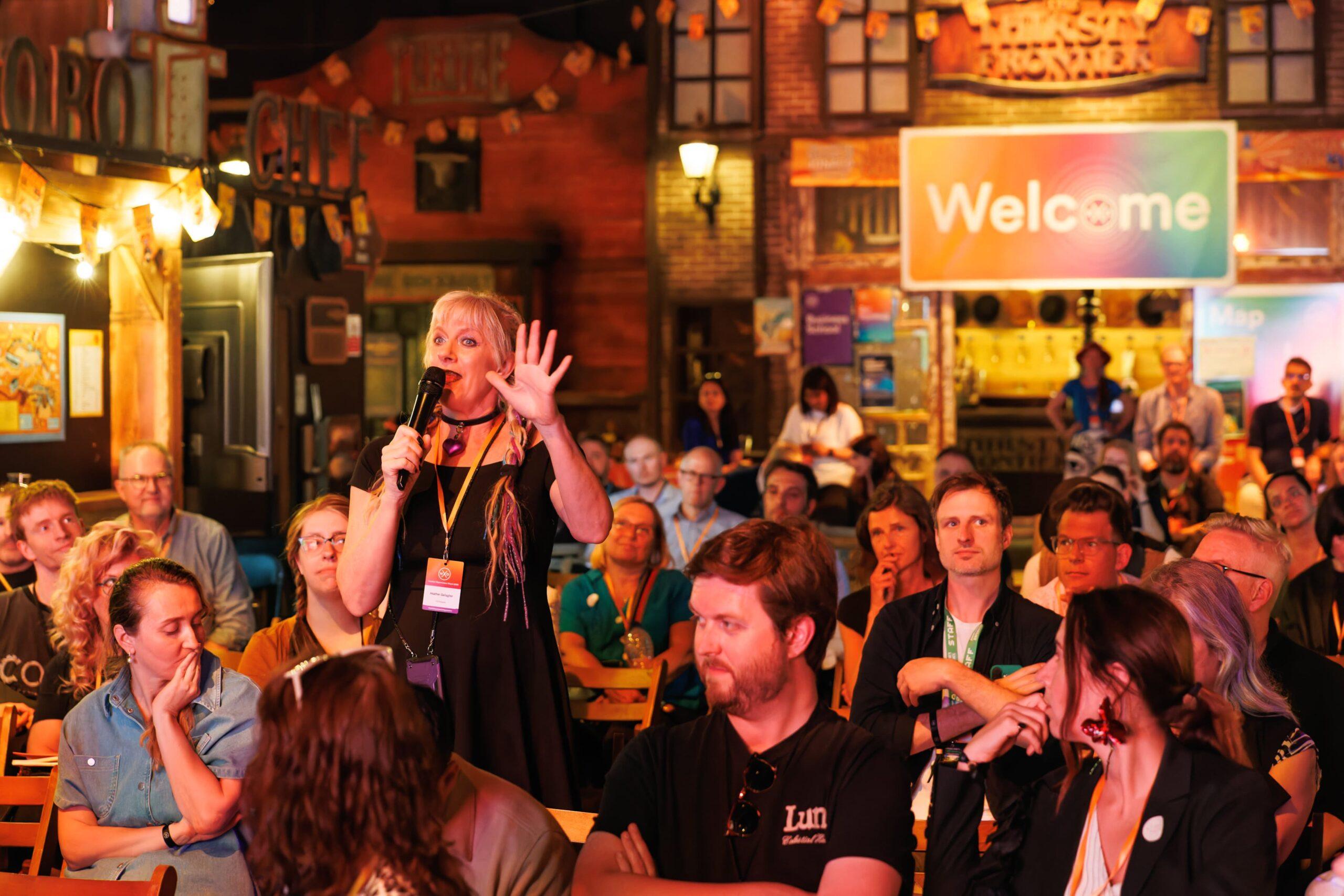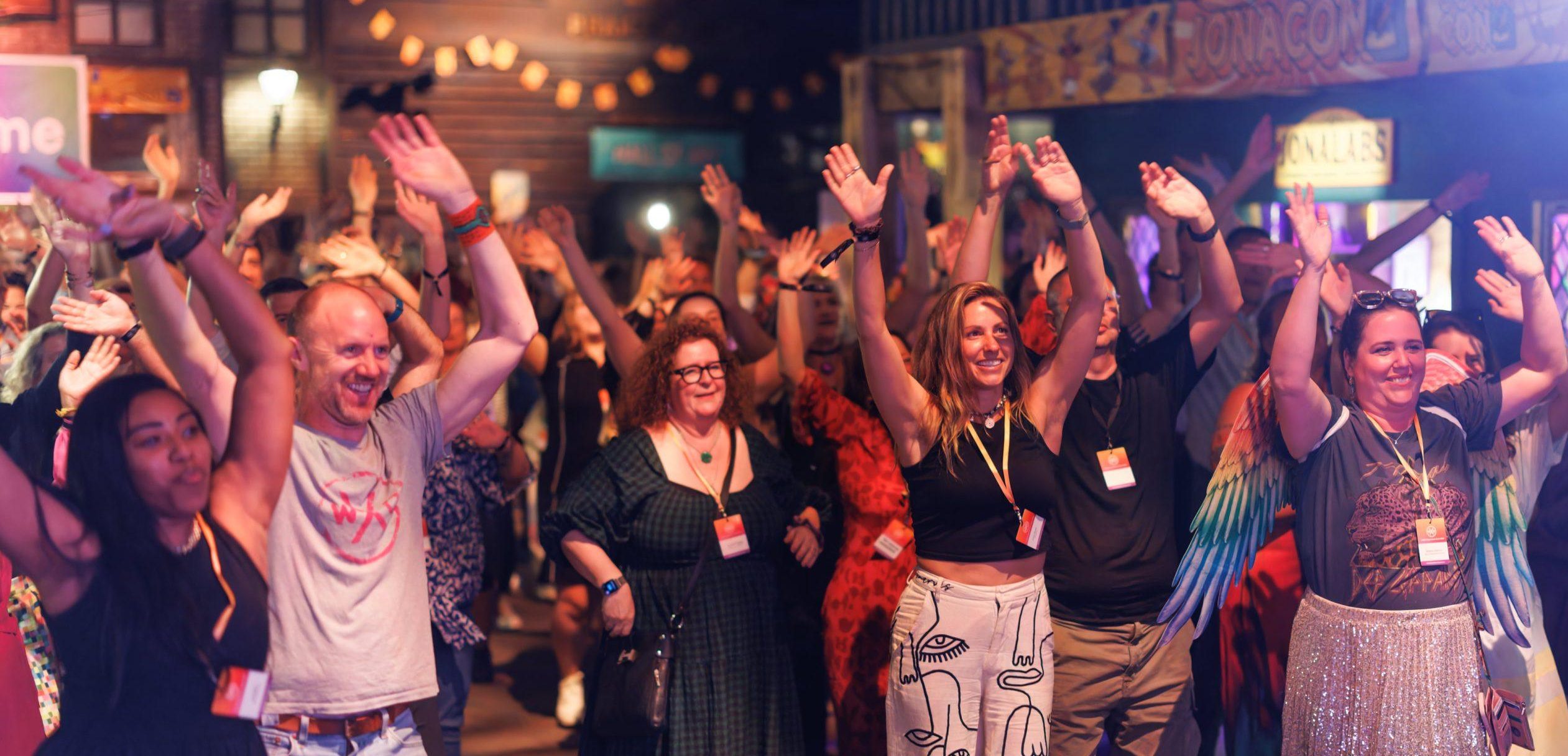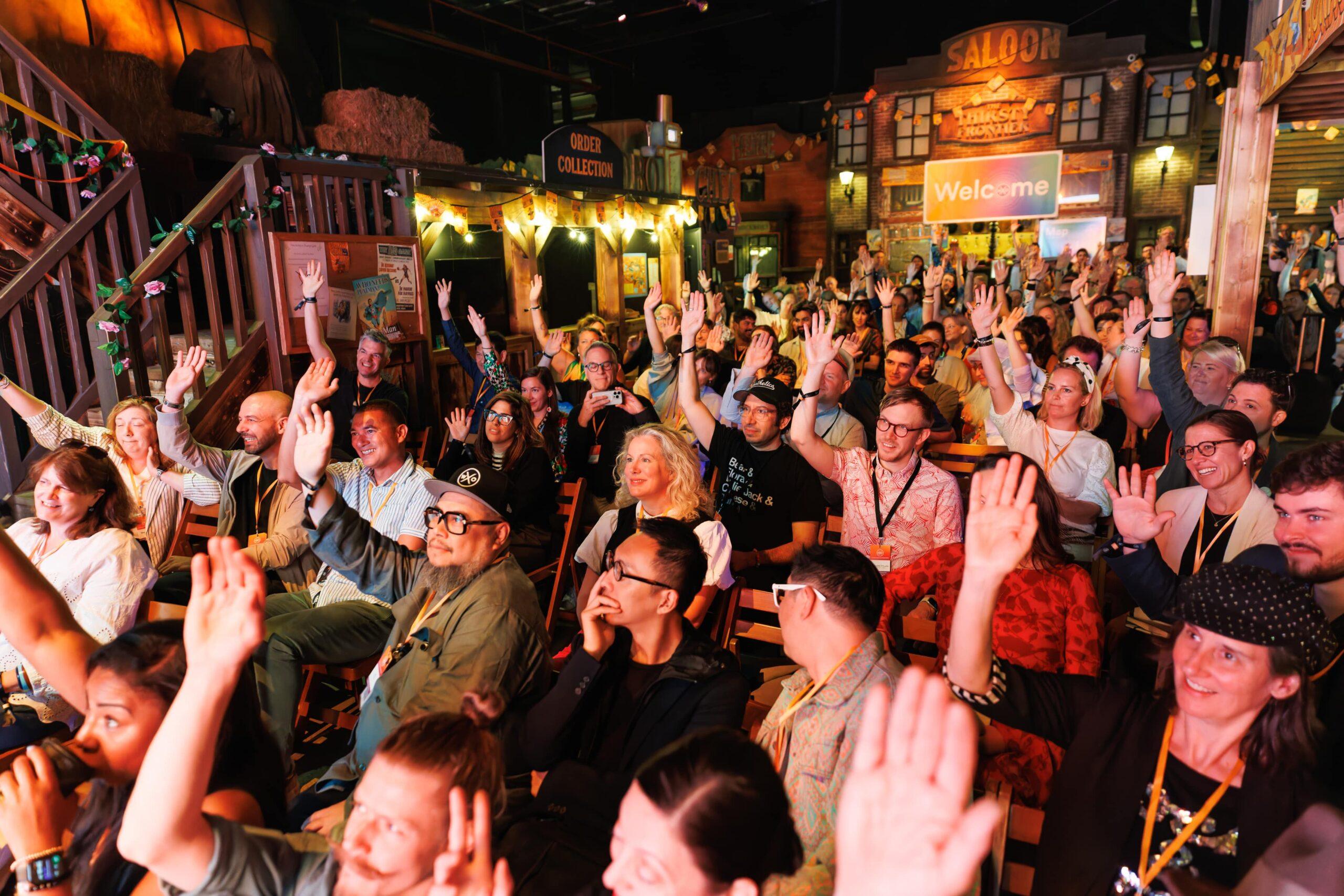So by now, you’ll know all about The Kindling Hour, the new immersive online game masterminded by Swamp Motel, which WXO founder James Wallman reviewed here.
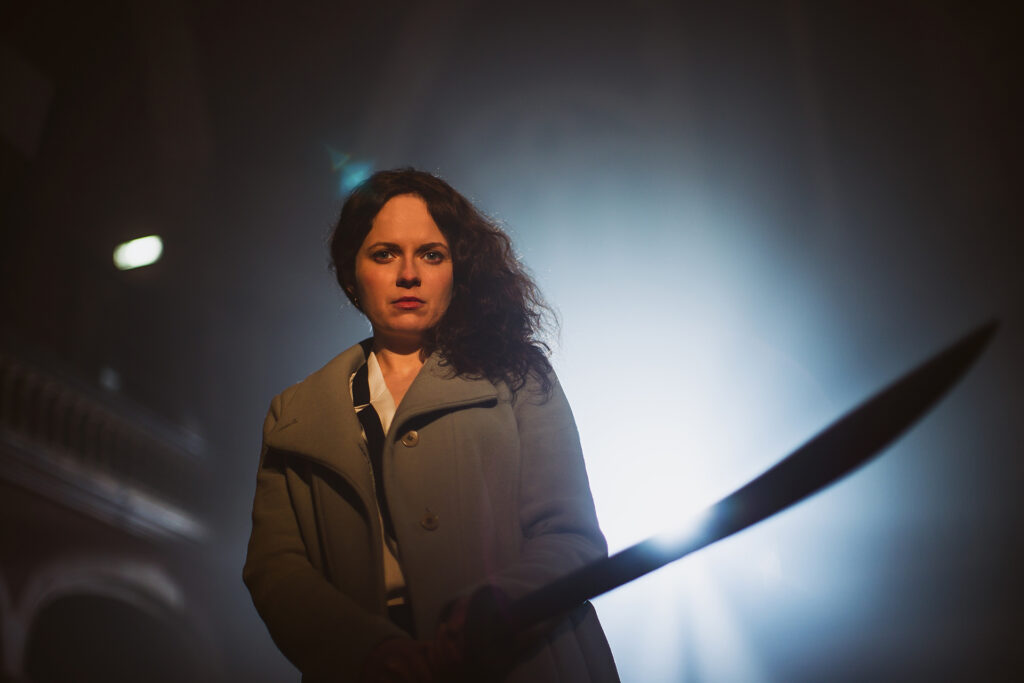
The team who joined Wallman to tackle The Kindling Hour was made up of some of the world’s leading experience economy experts. Given they’re all phenomenally well-versed in creating and producing experiences, they had plenty of their own thoughts and insights on the immersive extravaganza to share (warning: may contain spoilers) …
Who was playing?
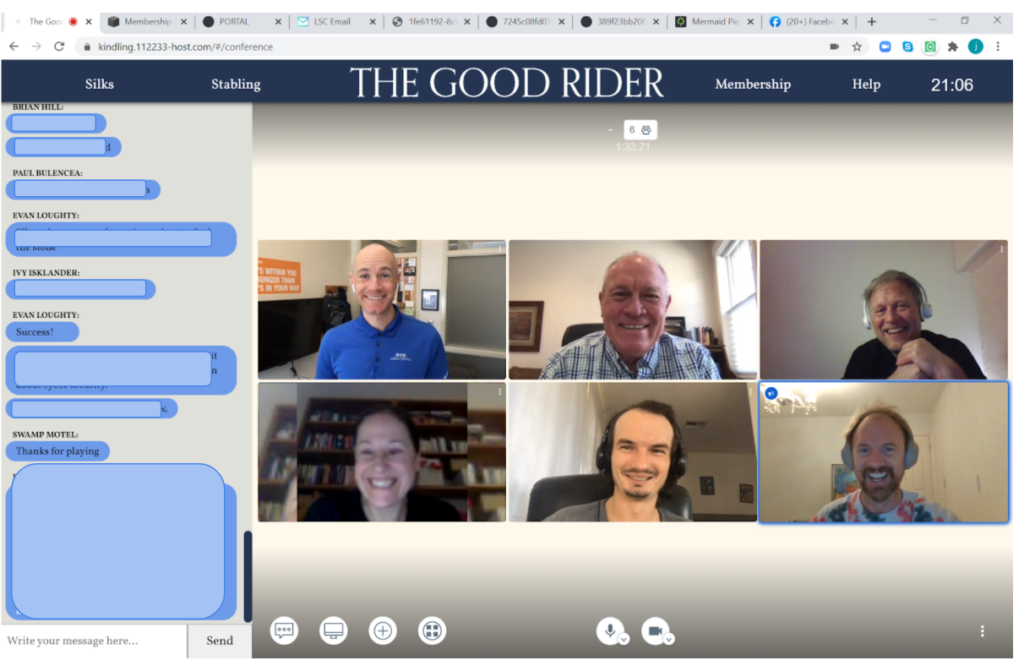
Tuning in from four different countries – Ecuador, Poland, The USA and England were:
- Aga Szostek Experience-focussed strategic designer, and author of The Umami Strategy
- Brian Hill Professor of Experience Design at the Marriott School of Business at Brigham Young University.
- Mat Duerden Assistant Professor of Experience Design at the Marriott School of Business at Brigham Young University, and co-author of Designing Experiences.
- Paul Bulencea Author of Gamification in Tourism and co-founder of the College of Extraordinary Experiences.
- Peter Holst-Beck Producer and director of immersive play Hamlet Live and board member for the upcoming World of Hans Christian Andersen live action entertainment centre in Copenhagen.
- James Wallman WXO founder, and author of Stuffocation and Time and How to Spend It, who gives the lowdown on the experience and his take here [INSERT LINK TO ARTICLE 1].
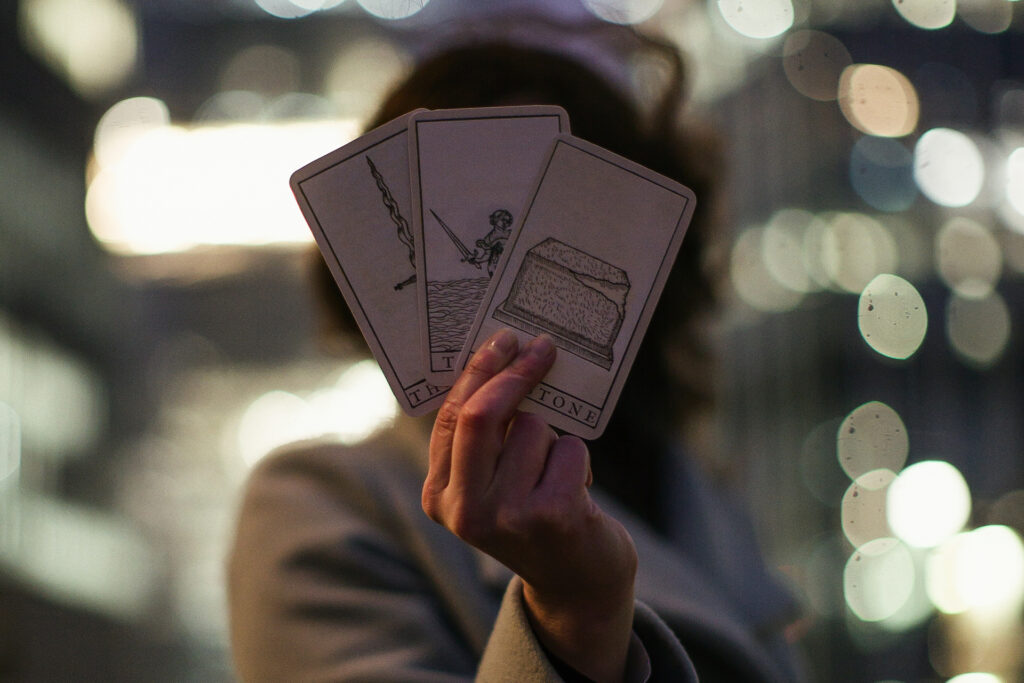
Debrief: Aga Szostek
The good? ‘The storyline is compelling. It was also impressive how the different Internet mediums were combined to bring variety and challenge to the game.’
The could-be-better? ‘Time pressure was high and I didn’t feel as connected with the group as I have with some other immersive events. We were focused 100% on solving the puzzles, but at times it felt like individuals doing so, rather than a group experience.’
How it resonates for you? ‘When designing experiences I try to address the three aspects of the self-determination theory; autonomy, competence and relatedness. All of them are touched upon in The Kindling Hour, but there are elements of the experience that relate to each of these that could be strengthened. For competence, for example, a map where we could see the solutions to already-solved puzzles would have meant if we lost track we could jump back on the wagon more easily.’
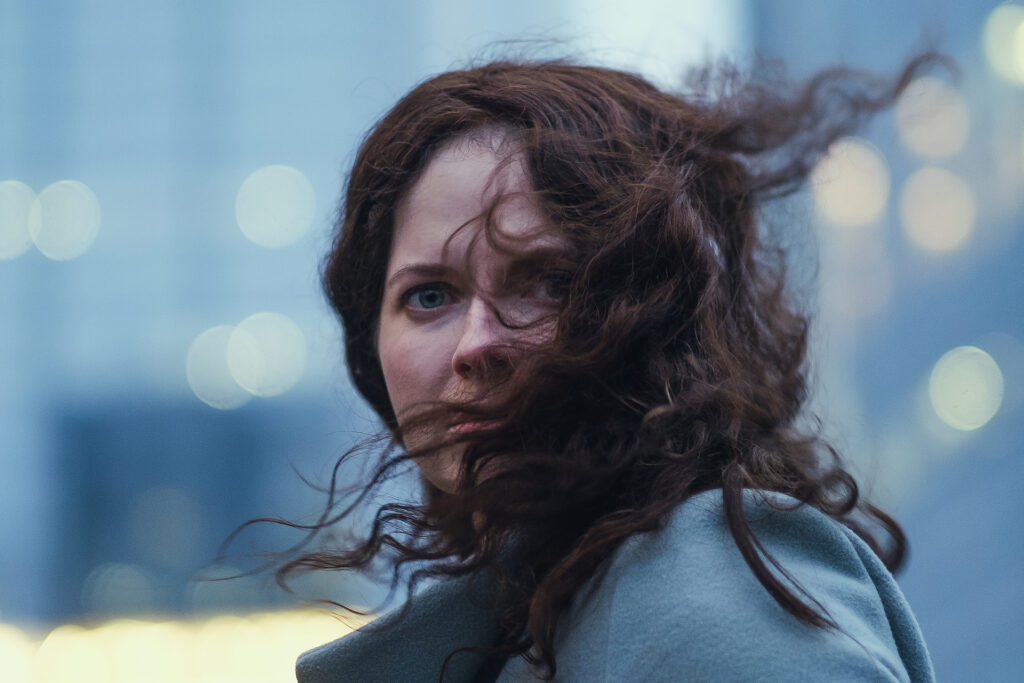
Debrief: Brian Hill
The good? ‘What a fun experience; I’ve already signed up to do it again with my family. The production quality was terrific, and the challenge a perfect fit for our group. It’s particularly tricky to get the challenge and competence balance just right – and that’s why flow is a rare opportunity – but The Kindling Hour did this just right.
The could-be-better? ‘To find some mechanism to allow a little more revelling together in our new and improved connections as a team at the end.’
How it resonates for you? ‘The highlight was the relationships that our team members built; for me, this should be the great aspiration of experience design – building our human relationships through shared experience. I loved our interactions and the emotions that were fueled as we progressed through the experience.’
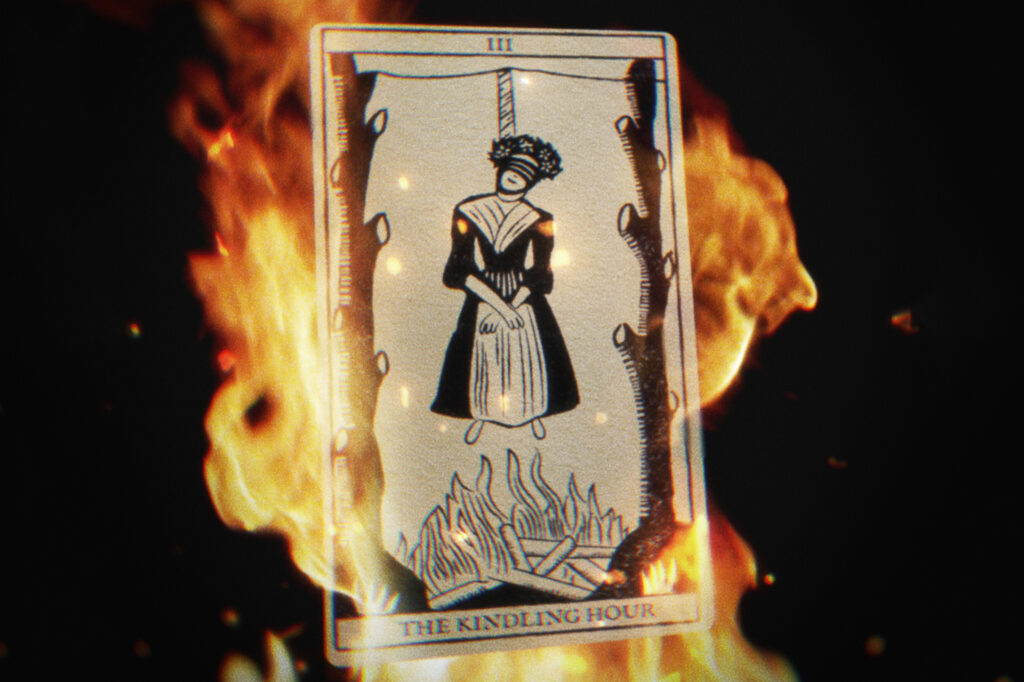
Debrief: Mat Duerden
The good? ‘The Kindling Hour is a great experience from beginning to end, and I appreciated the variety of platforms and communication channels used to craft the story. Searching for clues online, and texting and calling other people meant things felt more real.
The could-be-better? ‘A bit more information to prepare our group to work together could have been provided. Sometimes we were on different web pages and couldn’t ‘find’ each other due to screen sharing issues. So a short video pre-game which gave tips on teamworking within the constraints of the technology. And I’d have liked a bit more post-experience debriefing to talk about as a team afterwards too.’
How it resonates for you? ‘Hats off to Swamp Motel. I’m fascinated by transitions into and out of experiences and once I stepped into their world I felt fully immersed. I evaluate experiences based upon how well they hold my attention; I never once hopped on another page to browse something else, or checked my email during The Kindling Hour. It was fast-paced and engaging, and Swamp Motel have leaned into the constraints imposed by the pandemic and come up with an incredibly creative way to provide shared immersive experiences for people all over the world; I loved that our team hailed from four different countries.’
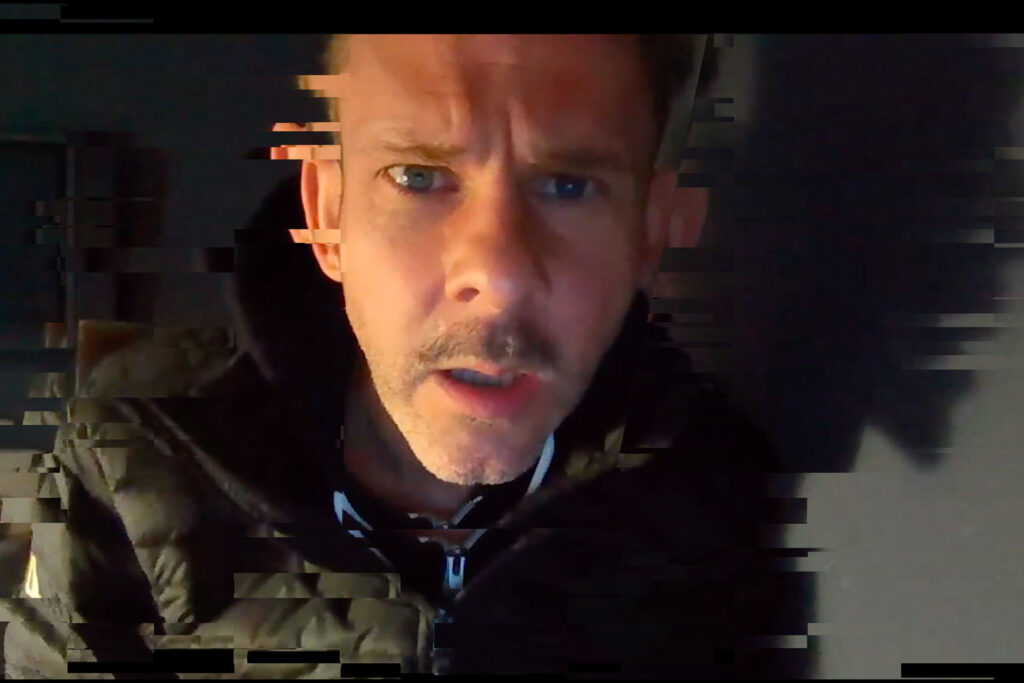
Debrief: Peter Holst Beck
The good? ‘Swamp Motel have done an amazing job in thinking out of the box in these crazy times. As an escape room game, The Kindling Hour is enjoyable and challenging. I loved the way we had to use the internet to gain information. It’s not a new idea – but they made good use of it.’
The could-be-better? ‘Since Swamp Motel excels in live entertainment, I would have loved it if the gamemaster had been an actor, who interacted with us through live video chat. As it is now, it’s all recorded. They could perform immersive storytelling in which players had some influence. A gamemaster/online actor role could be an interesting combination, and would offer a point of difference from other online escape rooms.’
How it resonates for you? ‘The use of skilled actors in immersive theatrical experiences are a must, since it’s so demanding. Actors interact and perform closely to the audience; if you show any sign of uncertainty, people will notice. A good actor makes people feel safe and calm, and that they are in good hands. Swamp Motel have taken this seriously and have brilliant performers who bring the characters alive – this reminds me of how I work with my actors.’
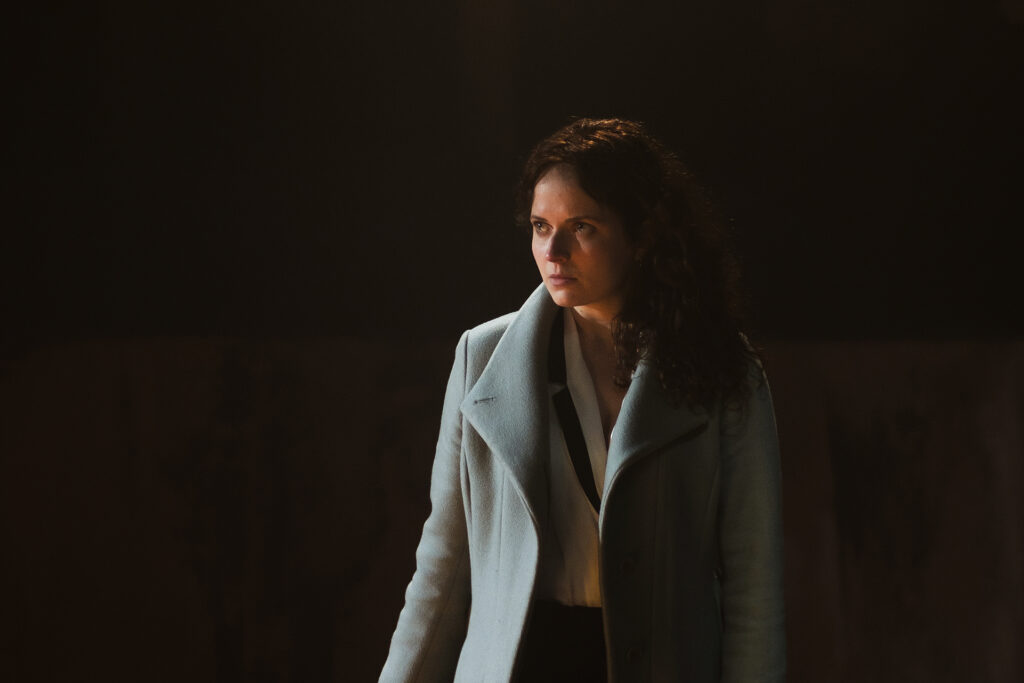
Debrief: Paul Bulencea
The good? ‘Hanging out with the team, and the smooth production of the game.’
The could-be-better? ‘For me, the design of the game didn’t enhance the social aspect, and it didn’t facilitate me getting to know the team members better after the call. The only place I would engage in a game like this that requires other members is a Zoom call, but once the game started, that sense of sharing was lost.
How it resonates for you? Referencing Bartle’s character theory that there are four player types – killers, achievers, socialites and explorers – to me the mechanics of The Kindling Hour focused mostly on the achiever archetype. If one were to design a game that requires that people meet on Zoom, I would go for a mix of mechanics that facilitate an experience at the edge of socialisers and explorers.
An easy way to design is always ask yourself: what do you need to remove to hit that essential container. So, in this case what do we need to remove in order to hit the sweet spot between socialisers and explorers? For example – it could be a facilitated exploration of the unconscious where we can explore the London Stone one by one, while the others hold the space.’
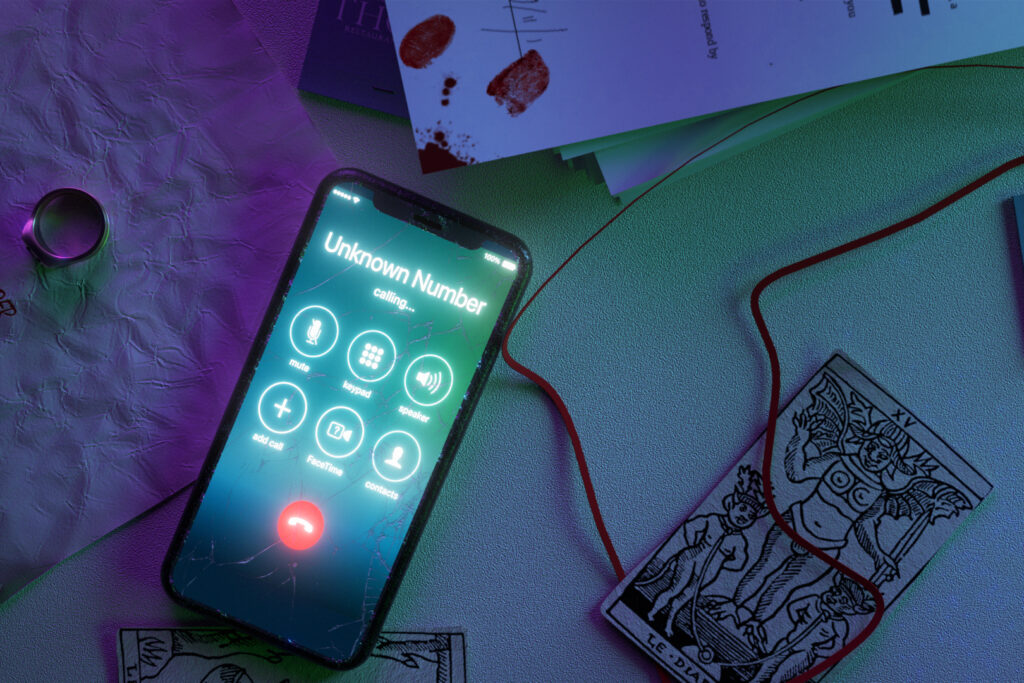
BONUS Debrief: Joe Pine
We also asked Joe Pine, the ‘godfather’ of the Experience Economy, for his view on Swamp Motel’s approach. Joe hadn’t been able to join us – but was already booked in with his family to play Plymouth Point the same weekend.
The good? Great experience with a terrific setup, difficult (but doable) challenges, and a terrific ending. They also won’t let you flounder overlong on rabbit trails (as interesting as they were).
The could-be-better? I thought it a bit overlong — one less challenge to get it done in 60m would have been better. But it was engaging throughout, so there was no sense that any particular element didn’t work.
How it resonates for you? In terms of the ‘Multiverse’ in my book Infinite Possibility, Plymouth Point is a ‘Virtuality’ experience: nothing physical was done that wasn’t on the keyboard or screen, It was more like an ‘Alternate Reality’ experience played out online.
It reminds me of a conversation I had long ago in Iceland with the founder of CCP Games, the firm which created EVE Online – a space-based massively multiplayer online role-playing game (MMORPG) that launched in 2003, and is known for one of the largest player-versus-player battle in history, a 21-hour long battle between 2,670 players.
I had just given a talk on the ‘Multiverse’, and he talked about how a person’s avatar within the game experienced all eight realms of the Multiverse. So while the player was having a Virtuality experience, they were also, vicariously, through their avatar, having a completely Multiversal experience that fused all the realms together. Now that’s a mega sweet spot! Or, rather, a meta-mega sweet spot! Plymouth Point didn’t reach that level, but directionally it was quite engaging along those lines. (I’ve never created anything like that myself.)
To play a leading role in the Experience Economy, to network with experience designers and stagers, and both share your knowledge and learn from others, register your interest in becoming a WXO member here.

